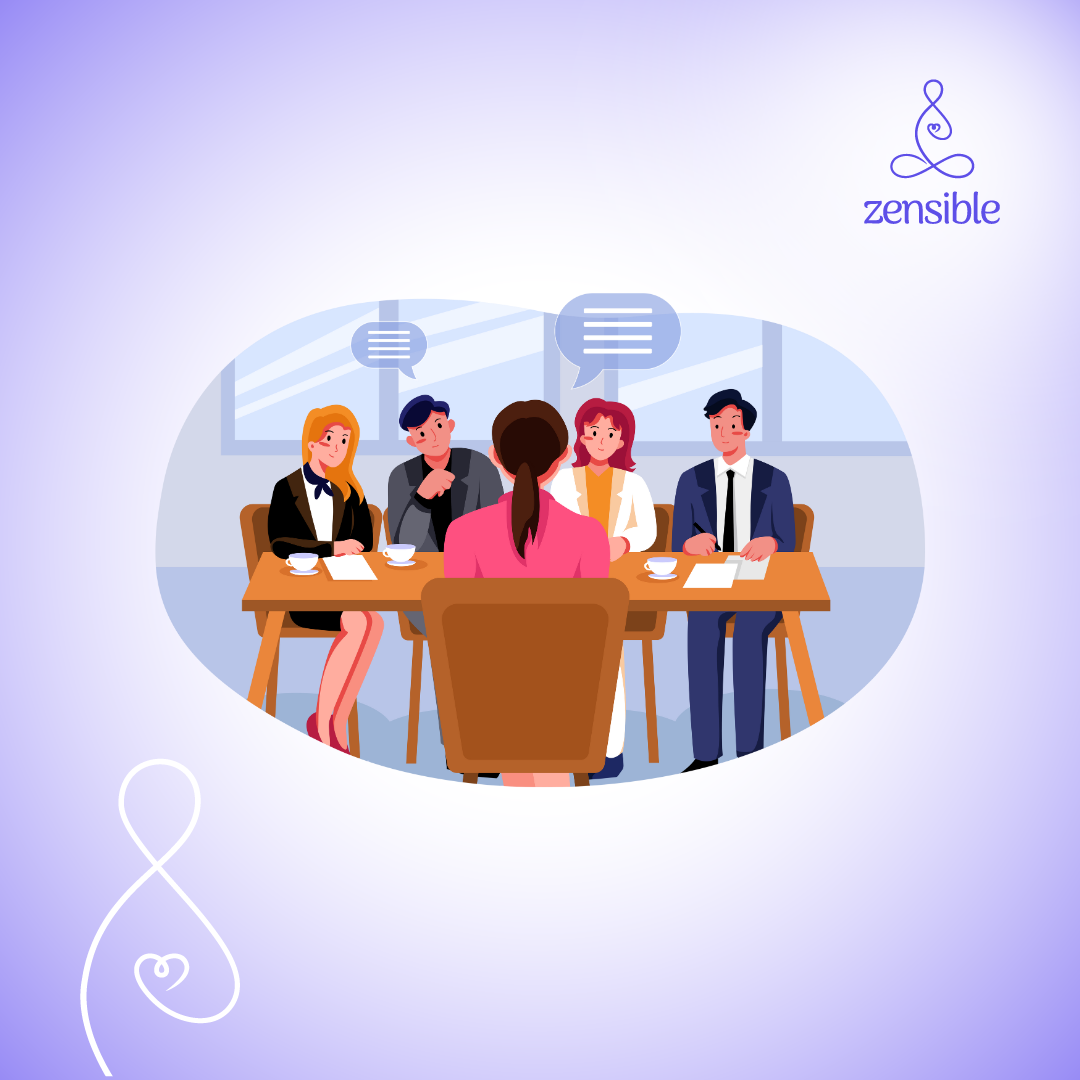Therapist in the Making? AI + Smart Prep = Dream Job Secured!
After approximately seven years of studying Psychology, followed by a year of completing diploma courses, specializations, and supervised therapy sessions, we, as future mental health professionals, are finally ready to step into the real world! This means entering our dream clinics, hospitals, organizations, schools, research areas, and more to start working. Welcome to 2025, where we're always two steps ahead—thanks to AI and its growing set of tools. In this guide, I’ll walk you through a blend of traditional (non-AI) and AI-powered methods to help you land that dream job. Who said AI isn’t helpful? When used wisely, it can be one of your greatest assets. Let’s put it to work!
Thorough research about your dream job and organization:
Research, research, and research! Trust me, this will take you a long way. When I was preparing for my interviews for Master’s programs, one strategy I employed was to take a mental snapshot of each college's website. This approach helped me secure an admission! Before applying for any jobs, create a list of all the clinics you would like to work with and thoroughly review their social media, website, goals, and other relevant information. A bonus tip is to tailor your CV to align with their goals (without exaggerating), highlighting what you can contribute. This will demonstrate to the interviewer or recruiter that you are genuinely interested in the position you are applying for.
2. Have a mock-interview session with ChatGpt:
It’s essential to be well-prepared before attending an actual interview, right? Conducting mock interviews with mentors or someone like ChatGPT can provide valuable practice, especially when you receive constructive feedback. This preparation is crucial! Take notes on how to communicate effectively, including your pitch, how to present yourself, and how to discuss your specializations and expertise without appearing overbearing.
3. Look for common interview questions for this field:
You have a choice: you can use your connections to learn about some commonly asked interview questions, or you can utilize AI to assist you. By providing your job description and some information about the organization or clinic, you can ask AI to generate tailored questions based on online reviews. Often, these questions are relevant and can help you prepare effectively for the interview. However, there may be times when the questions provided do not match your expectations. Regardless, they can still be beneficial in helping you excel in your interviews.
4. Using proper prompts for the mock-interview preparation:
Unlike humans, AI models would require all the “prompts” or questions that you are asking to be asked in a very specific manner. Us humans, on the other hand would still be able to understand what the other person is asking us based on their expressions, or doubts etc. So using the exact prompts for ChatGpt is very crucial. Some of the examples for the same are as follows:
How do I frame my answers in a short sentence ?
How can I explain my specialised therapeutic approach in a unique way ?
How do I stand out compared to the other applicants for the same job ?
If asked the question – “where I see myself in 5 years as a therapist, how can I answer it without sounding cliché” ?
5. Enroll for interview preparation courses:
I've noticed that many people have successfully used this approach for their Master’s college interviews. If you're looking to prepare smartly with AI while also gaining insights from experienced professionals, this could be ideal for you! For those who prefer not to invest too much time or money, consider using YouTube not just for entertainment, but also for effective interview preparation.
I would like to wish all aspiring therapists the very best as they pursue their careers, especially those seeking new job opportunities at their dream organizations. Please return and share whether this comprehensive guide has been helpful for you; we would love to hear your feedback! Until next time, take care, and best wishes to all the current and future therapists.




